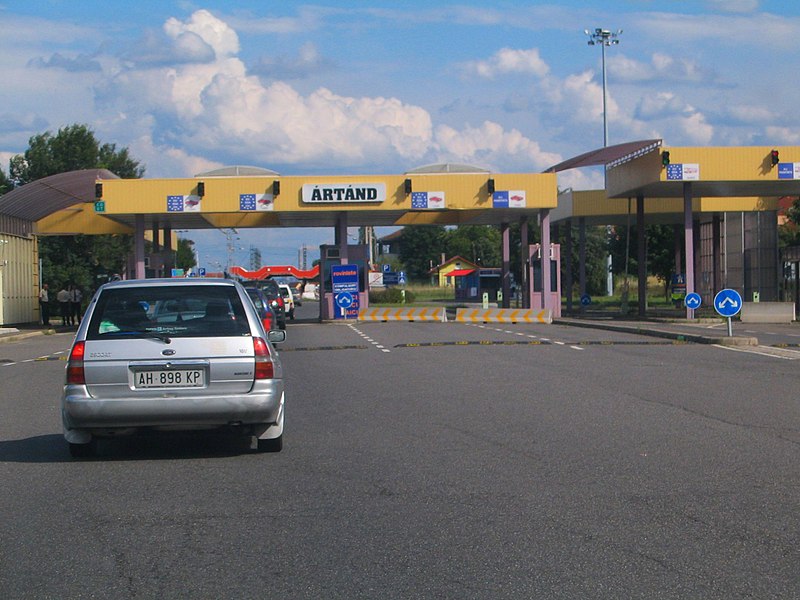
Romanian Prime Minister Marcel Ciolacu expressed optimism on Thursday, November 7, stating that Romania could achieve full Schengen Area accession with its land borders by the spring of
2025. He mentioned that an informal decision might be reached before the second round of the presidential elections on December 8, with formal approval expected by the end of December. Implementation would begin in March, allowing Romanians to travel freely within the EU’s land borders by Easter 2025.
Ciolacu has previously set similar timelines for Romania’s accession, aiming for completion by the end of the year. “I believe there will be a COREPER (Committee of Permanent Representatives in the European Union) meeting, followed by a decision at the JHA (Justice and Home Affairs) Council on December 13, based on the COREPER vote. Implementation would start in March, similar to air travel. They will need approximately three months for the necessary software updates. Romanians will likely be able to travel freely within the Schengen Area by Easter,” he stated.
Earlier, in March 2024, Romania joined the Schengen Area for air and maritime travel, but its land borders have remained controlled due to Austria’s opposition. Land borders are essential for the transport of goods and personal travel by car, making full accession critical for Romania.
However, Interior Minister Cătălin Predoiu offered a more cautious view, noting that negotiations are ongoing and that no formal decisions have yet been made at the JHA Council or within the relevant ministries. “The best public signal we can give during these negotiations is that Romania will continue to support border security and enhance its capabilities to combat illegal migration,” Predoiu stated.
Predoiu highlighted continued discussions with officials from Austria, Hungary, and Bulgaria, as well as regular engagements with European Commissioner Ylva Johansson and recent talks with the new Internal Affairs and Migration Commissioner, Magnus Brunner. “I had an initial meeting with Commissioner Brunner in Vienna in September. I welcome his recent statement during European Parliament hearings where he supported Romania and Bulgaria’s rapid Schengen accession,” Predoiu noted.
On November 5, Magnus Brunner, Austria’s nominee for the Internal Affairs and Migration portfolio, addressed the EU Parliament’s Committee on Civil Liberties, Justice and Home Affairs. He stressed the importance of free movement for Europe’s competitiveness and acknowledged the negative impact of border checks. Although Brunner does not have a direct role in Schengen expansion decisions, his supportive stance is significant given Austria’s current opposition. His backing could signal a shift within the ruling Austrian People’s Party, led by Chancellor Karl Nehammer, who has previously blocked Romania’s full accession. Photo by lraul06 from Brasov / Cluj, Romania, Wikimedia commons.



































